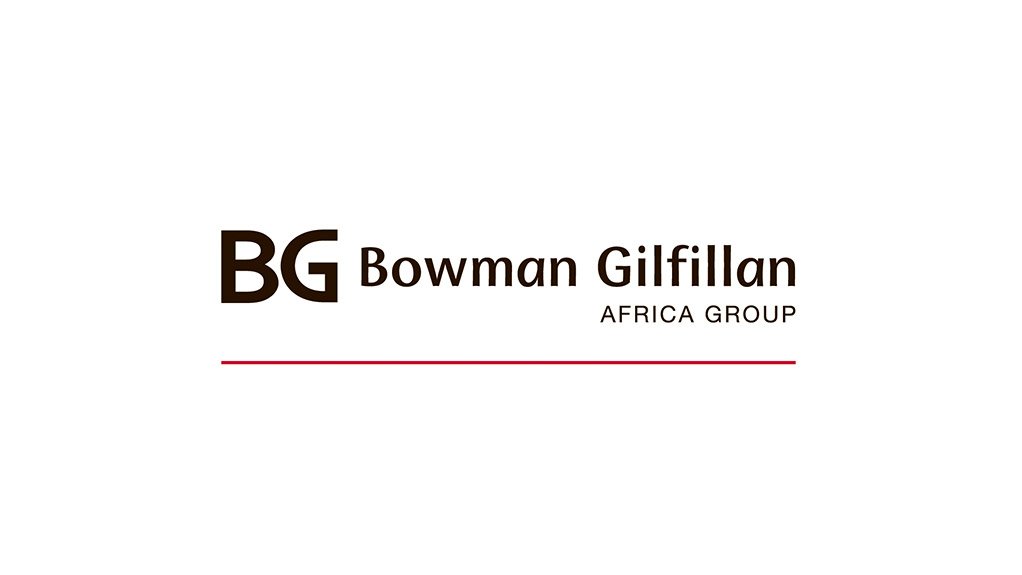The Competition Commission ("Commission") has issued final Guidelines for the Determination of Administrative Penalties ("Guidelines"), which are effective from 1 May 2015. Save for minor revisions, the final Guidelines are substantially similar to the draft Guidelines which were issued for public comment in November 2014 (see our December 2014 Newsflash on the draft Guidelines here).
Controversially, the Guidelines provide that the Commission may under certain circumstances impute liability for payment of the final administrative penalty on a holding company (parent company) where its subsidiary has been found to have contravened the Competition Act1. In determining whether the parent or holding company should be held liable, the Commission will consider whether the parent or holding company: (i) wholly owned the subsidiary; (ii) directly controls the subsidiary or has a decisive or material influence over the commercial policy of the subsidiary; (iii) had knowledge of the subsidiary's participation in the contravention; or (iv) derived substantial benefit from the activities of the subsidiary.
Less controversially, the Guidelines set out the Commission's six step methodology for determining administrative penalties for contraventions of the Competition Act:
Step 1: Determination of the affected turnover in the base year, having regard to the firm's audited financial statements or other reliable financial information.
Step 2: Calculation of the base amount being that proportion of the affected turnover relied upon. The base amount will be calculated as a proportion of the affected turnover on a scale from 0% to 30%.
Step 3: Multiplying the amount determined in step 2 by the duration of the contravention. The Commission will take into account the duration of the contravention by multiplying the base penalty determined in step 2 by the number of years of participation in the contravention.
Step 4: Rounding off the amount determined in step 3 if it exceeds the statutory cap provided for in section 59(2) of the Competition Act. Where the administrative penalty determined in step 3 exceeds the maximum allowable limit of 10% of the firm's annual turnover in the Republic and its exports from the Republic during the firm's preceding financial year, the Commission must round off the figure to the statutory limit.
Step 5: Adjusting the amount determined in step 4 by way of a discount or premium after assessing the aggravating and mitigating factors. The Commission will adjust the amount determined in step 4 based on the factors set out in section 59(3) of the Competition Act.
Step 6: Rounding off the amount determined in step 5 if it exceeds the statutory cap provided for in section 59(2) of the Competition Act. Where the administrative penalty exceeds the maximum allowable statutory limit of 10% of a firm's annual turnover in the Republic and its exports from the Republic during the firm's preceding financial year, the Commission will apply the maximum allowable administrative penalty.
The Commission will consider the firm's ability to pay the administrative penalty based on a consideration of the principles of proportionality and fairness. However, the mere existence of a loss making financial situation will not in itself be sufficient for a firm to qualify for a reduced penalty.
The Guidelines provide for a discount of between 10% to 50%, which is at the sole discretion of the Commission. In exercising its discretion, the Commission will consider: (i) the firm's demonstrated willingness to expeditiously conclude a settlement with the Commission; (ii) the extent to which the firm assists in the prosecution of other firms involved in the contravention, including whether the firm provided timeous, complete and/or accurate information that will corroborate other evidence gathered by the Commission. Factors that may earn a firm the maximum discount include: (i) being proactive in approaching the Commission with information; (ii) providing full evidence; and (iii) making available to the Commission all and any witnesses to testify in support of the Commission's case.
Although the Guidelines are welcome, they still leave much discretion to the Commission. In addition, the imposition of a penalty on a parent or holding company for activities of a subsidiary may prove to be controversial, especially since the Competition Act does not specifically provide for this.
To access the final Guidelines click here.
EMAIL THIS ARTICLE SAVE THIS ARTICLE
To subscribe email subscriptions@creamermedia.co.za or click here
To advertise email advertising@creamermedia.co.za or click here











